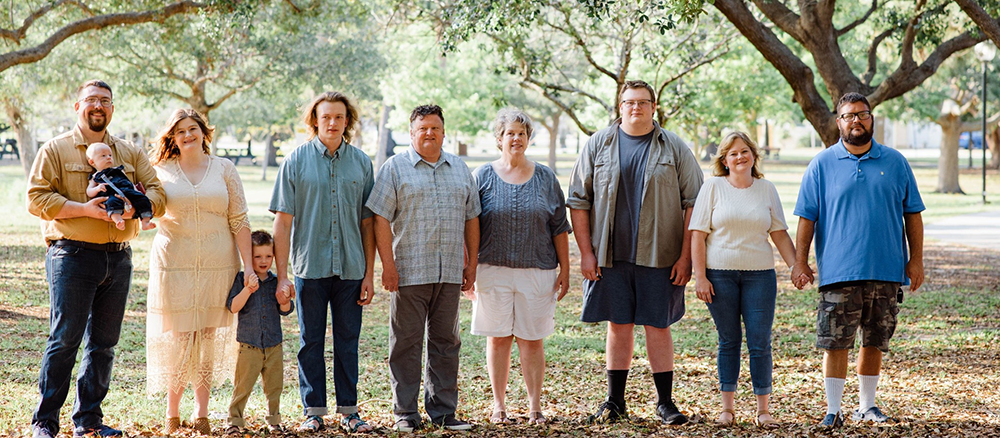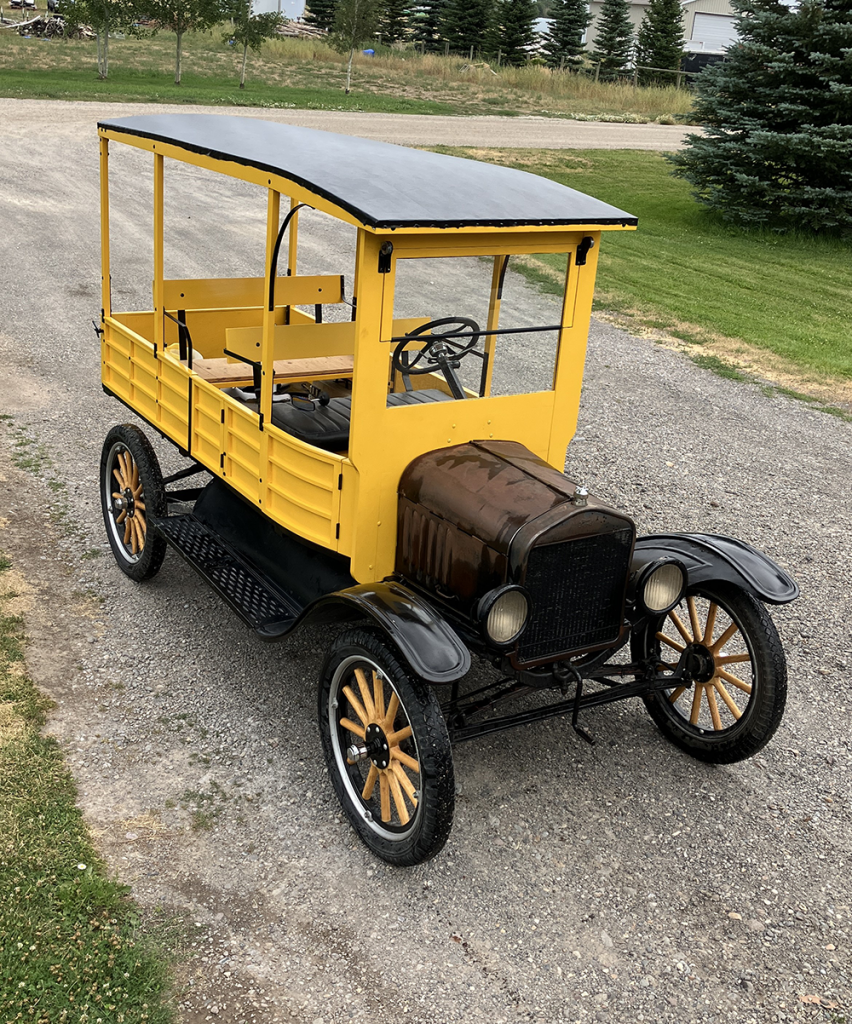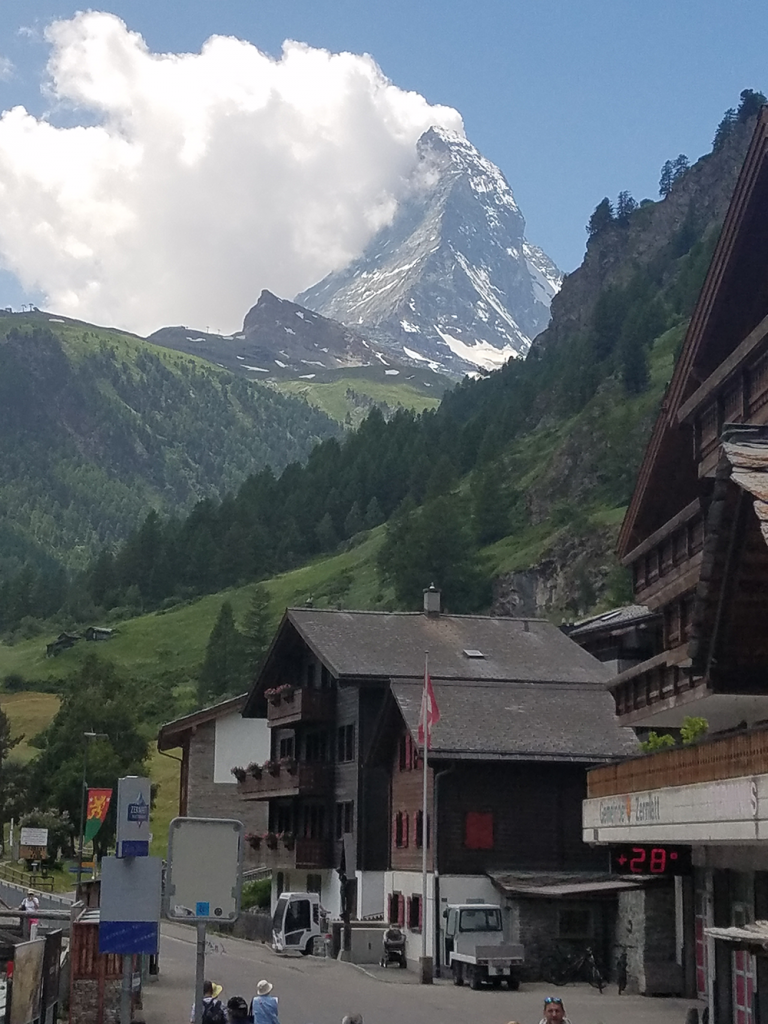
“I wanted to be an archaeologist when I was young. I didn’t get too far into school before I realized that there’s only one Indiana Jones, so I turned to my second love — rocks,” Greg Roselle said about his entry into the field of geology.
While Greg may have missed his opportunity to explore temples in search of archeological artifacts, he aims to make an impact in his new role as senior manager of Sandia’s Defense Waste Management Programs and Sandia’s Carlsbad, New Mexico, site.
The road to Carlsbad
Like the adventuresome spirit of Indiana Jones, Greg’s path to Carlsbad spanned the country and a few continents.
“I have a bachelor’s from the University of Arizona in geology and then got both my master’s and Ph.D. from the University of Wisconsin. After I graduated, I did a postdoc at the University of Bern in Switzerland for three years and then ended up at the University of Utah as a research professor,” Greg said.
Then, one day out of the blue, the Total System Performance Assessment Group at Yucca Mountain contacted Greg for an interview.
“I still don’t know how they got hold of my resume,” Greg said.
Greg’s work at Yucca Mountain was his first encounter with Sandia. During his time on the project, he worked closely with many Sandians. Three years later, he joined Sandia and became the lead geochemist at Sandia’s Carlsbad location.
“I was in Carlsbad for seven years. Eventually I moved to southeast Idaho to be a professor at Brigham Young University-Idaho in the geology department, and then I’ve spent the last five years as the department chair,” Greg said. “I saw an article on Facebook about Paul Shoemaker retiring, so I looked at the Sandia website and applied. Three weeks later, I had the job.”
The Carlsbad legacy lives on

Back in Carlsbad for a second time, Greg is ready to continue Sandia’s decades-long legacy as the scientific adviser for the Waste Isolation Pilot Plant.
Greg and his team will support WIPP’s long-term performance 10,000 years into the future using a suite of computer codes and analysis. Since WIPP is the world’s only licensed and operating deep geologic repository for transuranic nuclear waste disposal, the importance of the task is top of mind for Greg.
“WIPP is a fantastic project that is of national importance,” Greg said.
Sandia supports WIPP activities that include modifications to the repository’s operating permits, periodic recertifications of the repository and ongoing monitoring of the repository performance against regulatory requirements.
“When WIPP opened, it was the first facility of its kind. We’re piloting putting waste in, and eventually, we’ll pilot sealing it up,” Greg said.
Building on a 50-year history with WIPP, Sandia is now engaged in shaping technical solutions to national nuclear waste management challenges that go well beyond the disposal of transuranic waste.
“We have so much to show and teach the world in terms of nuclear waste disposal, and we’re showing it can be done safely,” Greg said.
While WIPP’s current scope handles only transuranic waste derived from defense-related activities, Sandia’s Nuclear Waste Management team is contribtuting to a future in which nuclear waste is better understood, which is imperative to the nation’s clean-energy future.
“Even though WIPP is not a spent-fuel program, it shows that we can deal with these types of elements. We can be an example and hopefully positively affect the entire nuclear waste management cycle,” Greg said.
He’s also excited to continue Sandia’s work in the Defense Waste Management program, which performs environmental restoration corrective actions, operates remediation systems and monitors contaminant levels in soil and groundwater.
“I think our goal is to do our best work and to be honest and open scientific advisers,” Greg said. “We’ve got an opportunity to continue the great work and see what we might be able to expand.”
Leadership foundations and family values
In his first few months on the job, Greg has two main goals: support DOE’s needs and establish leadership rapport with his new team.
“Honesty, respect and trust are what make me operate. That’s how I would describe my leadership philosophy,” Greg said.
He takes his management inspiration from leaders he’s encountered in the past. These leaders allowed him to have the freedom to work in his own way and have supported him when needed.
“The dean I worked for was amazing. As his employee, I always knew he had my back. He was honest and open in his communication style, and he had respect for everyone in his college — from department chairs to admins to faculty. He always gave the same level of respect to everyone,” Greg said.
Greg hopes to bring that same sense of equality and support to his new role.
“As a leader, you’ve got to be honest with people. You’ve got to respect them for the skills they bring and trust them to do what they need to do. They all have a purpose that they bring to the workplace, and it’s my job to support that work. You’ve got to care about them and care about what’s happening outside of work. It’s almost like being a parent,” Greg said.
And as a father of four and grandfather of two, Greg knows a thing or two about parenting.
While his recent move back to Carlsbad took him and his wife farther away from their grandkids in Idaho, they are excited to be back in a close-knit community.
“We’ve still got good friends down here from the last time, and we’ll be going back to Idaho to visit,” Greg said.

Between his new work role and planning trips to see his grandkids, Greg restores prewar cars, including a 1920s-era Model T Ford. He enjoys traveling with his family and finds that 30-plus years after his postdoc, Switzerland still holds a special place in his heart.
“I have a deep love for Switzerland. I did my postdoc there, and my son was born there. I was there four years ago for a sabbatical and spent four months there. I could live in the Lauterbrunnen Valley — specifically the village of Mürren. It sits up on a hillside at the top of a valley and looks over the mountains. The Alps are hard to explain if you haven’t seen them — even to geologists. There is just nothing that matches their scale,” Greg said.
For now, Greg is happy to begin a new chapter in a familiar place.
“It’s funny. When I took the job 17 years ago, I told my wife, ‘I think this is the job I could retire at.’ But I really think this could be my last move — I just took a 10-year detour to come back. I’m happy to be here.”